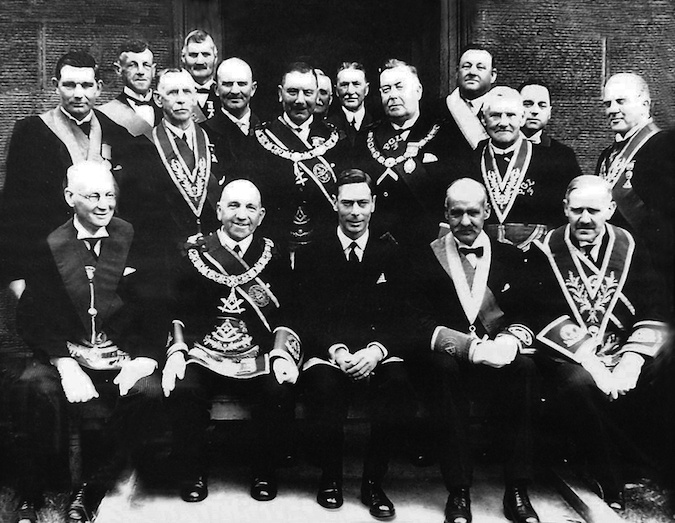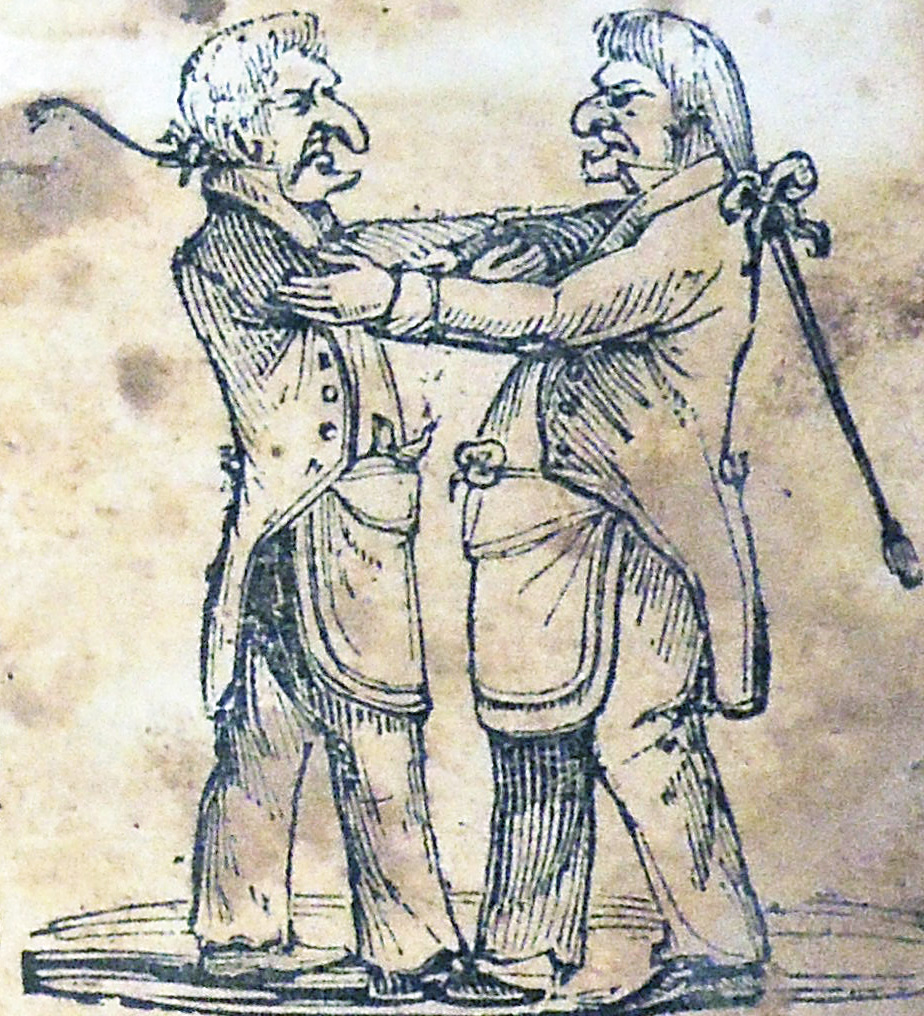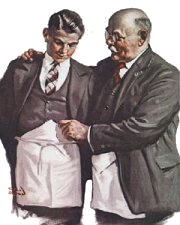The West Gate is a term many Masons may be unfamiliar with. I know here in Texas I had never heard of it until I began actively researching and collaborating with other Masons from various jurisdictions online. In the physical sense, the West Gate is the door through which candidates and brethren enter to receive their degrees. In a more conceptual sense, the West Gate is much broader in definition and encompasses the entire process of receiving petitions, investigations, and voting on accepting and advancing new members.
The latter definition is, at least in my mind, most applicable to the phrase “Guarding the West Gate” [1] and is what this post will be focusing on.
QUALITY v QUANTITY
When the printing press came into everyday use, books, which were once uncommon and valuable, became common and affordable for most people. The Industrial Revolution had very much the same effect in that it made items which once took time and craftsmanship to produce cheap and easily accessible.
This being said, this post is not written to complain about progress. Rather, in both examples given above, society moved from quality items which were once created by craftsmen towards faster production in favour of quantity. You see, you cannot have quality and quantity at the same time. Quality makes an object or an experience something marvelous and quantity makes an object or an experience something mundane. This marvelous vs. mundane argument could apply towards several facets of Freemasonry and probably deserves its own post in the future, but for now let’s apply it towards the West Gate.
FOUR QUARTERS OR ONE HUNDRED PENNIES ?
The application of quality versus quantity applies to Freemasonry very well, in my opinion. Remember that something which is marvelous and/or has high quality must, by its very nature, be scarce. This principle also means that as a product becomes more and more common the quantity will increase but it will become more and more mundane at the same time.
Unfortunately, this is what is happening in our fraternity. In many lodges the standards for who they are willing to accept have dropped severely and in some lodges the standards are non-existent outside of the bare minimum which has been set for their jurisdictions (in some jurisdictions even these minimum standards can be waived).
There’s a saying “If you don’t stand for something then you’ll fall for anything”. This could also be adapted to say “If a lodge has no standards they will accept anybody”, which is sadly often the case. The requirements a jurisdiction set for men to petition should not be looked at as though it is a pass or fail situation but instead should be regarded as minimum criteria to be considered for admission.

If you ever get the chance to talk with a real old-timer Freemason, ask him what it was like to join the Fraternity back in the day. Several decades ago it was much more difficult to become a Freemason. My own grandfather has told me that when he first joined in the 1950s the lodge he petitioned had an unspoken policy that every petitioner was turned down the first time they applied, the idea being that if someone truly wanted to be a member they would re-apply later. Other older brethren have told me they had to ask three times before they could even receive a petition. Certain professions, activities, and reputations could bar you without question. Yes, I know, these methods all seem extreme and possibly even cruel to us today, however they created scarcity which, in turn, made membership more desirable and generally increased the quality of the members as well.
This is a sharp contrast to the petitioning process for many lodges today. In fact, even though many lodges are allowing every man without a criminal record to join, most U.S. jurisdictions are losing members faster than they can be replaced. That being said, when membership was hard to obtain, men were always petitioning during a time that many of us today regard as the Golden Years of Freemasonry.
So the question is this: would you rather have four quarters in your pocket or a hundred pennies? Is a small and intimate lodge with a handful of quality brethren better than a large lodge with only a few active brothers and a hundred members on the roster who never show up and never dedicated themselves to the fraternity?
FINAL REMARKS
I am not an elitist and I don’t want to be regarded as such. I am, however, in favour of making it actually mean something to be a Freemason again. When membership was scarcest people knew that you were a quality person to be affiliated with the fraternity; now this isn’t always the case. In fact, if we’re being honest with ourselves we can probably think of at least one Freemason who has no business being in the Fraternity.

The purpose of this post is to encourage reflection towards the petition process your own lodge is practicing. What are your standards? How thorough is your investigation process? How many times is the petitioner expected to come, meet and eat with the brethren before he is given a petition? What are your degree fees?
We have a huge responsibility as stewards of our fraternity. Every unworthy man who slips through a wide-open West Gate into the Craft has the potential to eventually vote, assume an office, and even get involved at the Grand Lodge level. One such man is toxic enough; what if we allow hundreds to slip through?
Are you truly only accepting men who are Masonic material or is any and every man with a petition and degree fee in hand being accepted?

The future of the fraternity is in our hands, brethren !
Do we want it to be marvelous or mundane?
By Worshipful Brother Justin Jones – Source: http://cerrilloslodge.org/about-freemasonry/albert-mackeys-twenty-five-ancient-landmarks-of-freemasonry/
[1] In fact, the phrase “Guarding the West Gate” has been drafted from the Bible. In Christian literature, the Eastern gate of the Old City, or the “Golden Gate,” is the place at which the parents of Mary met after the Annunciation. As such, the site of the gate became a symbol of the virgin birth of Jesus. Similarly, West Gate is considered to be the Main Entrance of the God. To Guard Well the West Gate, in other words, means protection and safeguarding the Temples which are considered to be the holy residences of God.
- His Majesty’s Servant , David Garrick Esq – Freemason ? - June 7, 2024
- Influencia de la Masonería en Chile - April 29, 2024
- Pomegranate in Freemasonry – its significance - March 11, 2024

